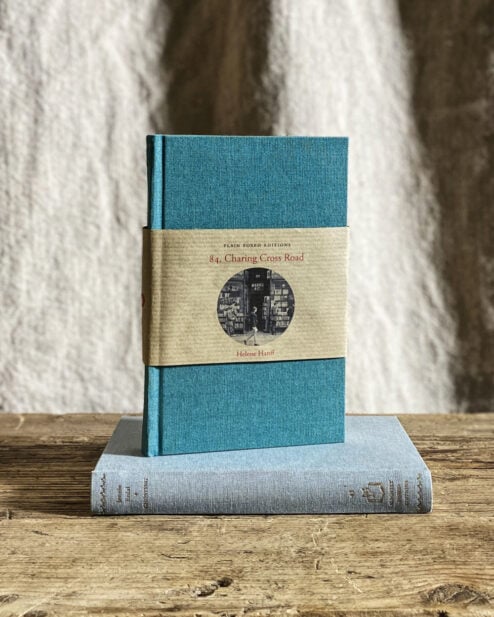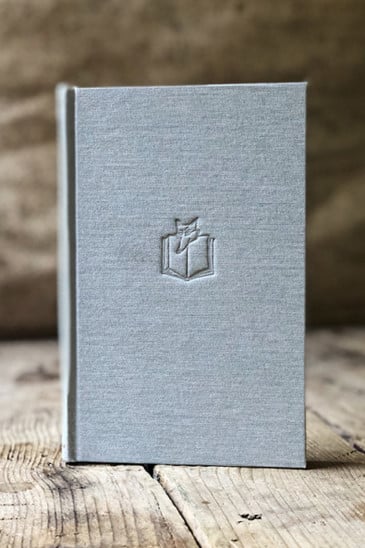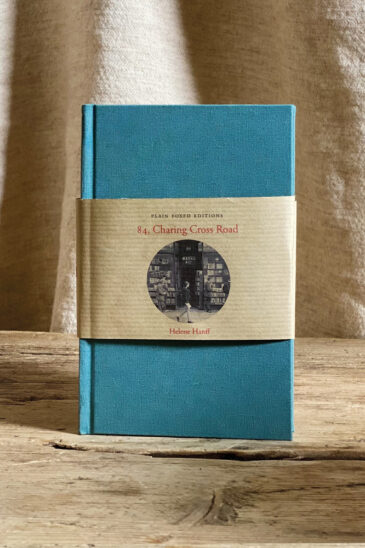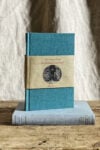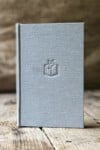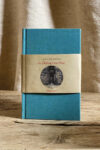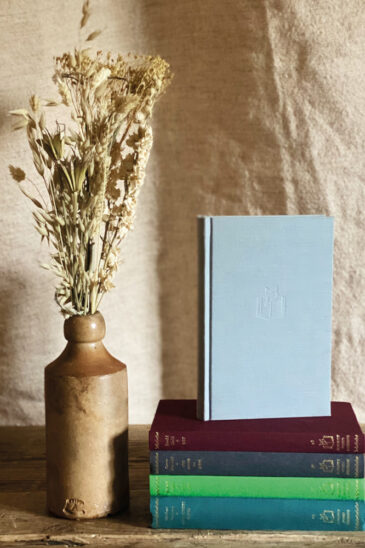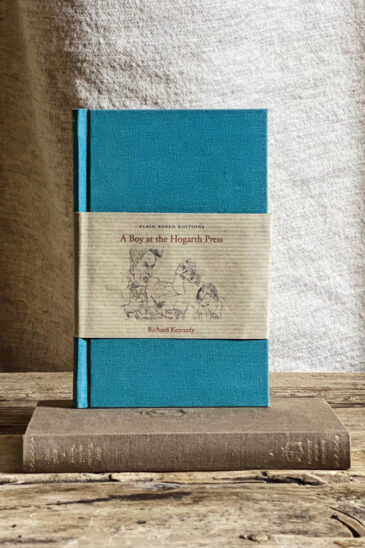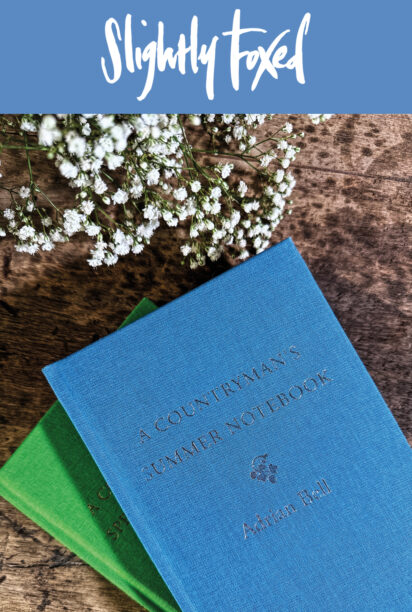Literary Lives
Jennie Erdal, Ghosting
‘A large sapphire on the lapel of a bold striped suit, a vivid silk tie so bright that it dazzles . . . on his fingers a collection of jewels: rubies, emeralds, diamonds . . .’
This is the man Jennie Erdal calls ‘Tiger’, the flamboyant figure at the centre of Ghosting, the strange and gripping story of the twenty years in which she became his ghost writer, pulling the wool over the eyes of reviewers and turning him into the literary lion he had always wanted to be.
They first met in London in the early 1980s, he a bold independent publisher, she a translator with a young family, excited when Tiger asked her to join his firm as a commissioning editor. So far, so ordinary perhaps – though there was nothing ordinary about Tiger, with his wild enthusiasms, weird obsessions and bizarre outfits, his absurdities and unexpected generosities, his sumptuous lifestyle and his office filled with beautiful and well-connected girls.
But Tiger didn’t want just to publish books, he wanted to write them, though his literary skills and fractured Palestinian English simply weren’t up to the job. Erdal needed an income and gradually over the years she was drawn into a weird, symbiotic relationship as she created a whole literary oeuvre in Tiger’s name, even turning his ludicrous plot ideas and sexual fantasies into novels which were seriously and admiringly reviewed.
There is much more to the story, but the real joy of Erdal’s brilliant memoir is in the telling. Ghosting is a wickedly funny book, but it is also a thoughtful look at deception and self-deception and the masks that most of us wear.
Helene Hanff, 84, Charing Cross Road
In the drab and traumatized post-war London of 1949, Marks & Co., second-hand and antiquarian booksellers at 84, Charing Cross Road, received an enquiry from a Miss Helene Hanff of New York City. It was not the kind of letter they were accustomed to receiving, but it was one that would make history.
Miss Hanff described herself as ‘a poor writer with an antiquarian taste in books’ which she was unable to satisfy as ‘all the things I want are impossible to get over here except in very expensive rare editions, or grimy, marked-up school copies’. She enclosed a list of her ‘most pressing problems’, one of which was a Latin Bible. Marks & Co.’s polite but formal reply regretted they were unable to supply the particular volume she described, but enquired if she would like them to send ‘a Latin New Testament, also a Greek New Testament, ordinary modern editions in cloth binding’.
When she began writing to Marks & Co., Helene Hanff was in her early thirties, scraping a living as a freelance scriptwriter and journalist. Having dropped out of college, she had decided to take her education into her own hands, and this had already led her down some little-frequented literary pathways which, with the passage of time, became ever more esoteric.
After a while, however, letters between the feisty, eccentric New York writer and the staff of the bookshop in Charing Cross Road began to encompass much more than books. Gradually the distant ‘FDP’ who first signed Marks & Co.’s letters emerged as ‘Frank Doel’, and ‘Faithfully Yours’ gave way to ‘With best wishes’, and eventually simply ‘Love Frank’. Soon the whole office was joining in, slipping in notes about their families, describing life in London, and thanking her for the food parcels she sent from New York.
It was a correspondence that would last for twenty years. By the time Helene Hanff made it to London in 1971, Frank Doel was dead and London was a different place. She never made her fortune as a scriptwriter, but when she finally had the idea of making the letters into a book, it became a bestseller. It’s a gloriously heart-warming read, the account of a friendship – almost a love story – conducted through books that captures the essence of a slower, gentler era.
Tiger the Literary Lion
One day in 1981 a young woman found herself travelling from her Scottish home to London to meet a publisher. So far so predictable perhaps. She had read Russian at university and had recently...
Read moreA Literary Love Affair
I thought I could never feel fond of Charing Cross Road. In 1988, when I was 23, I spent a miserable three months there doing a ‘Sight and Sound’ typing course on the bleak first floor of a...
Read more




